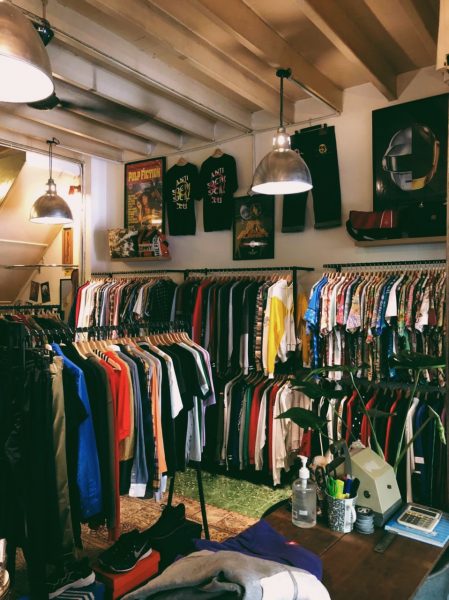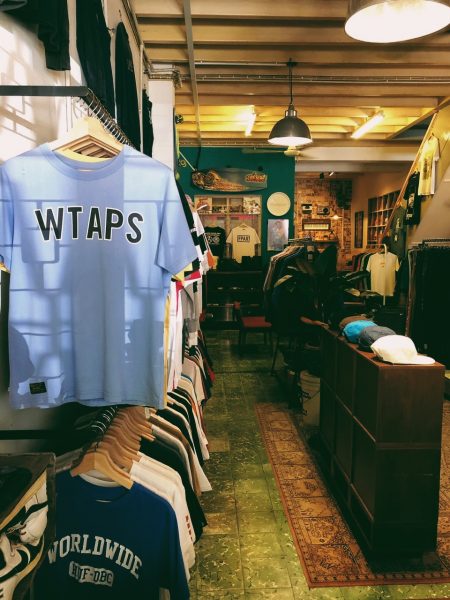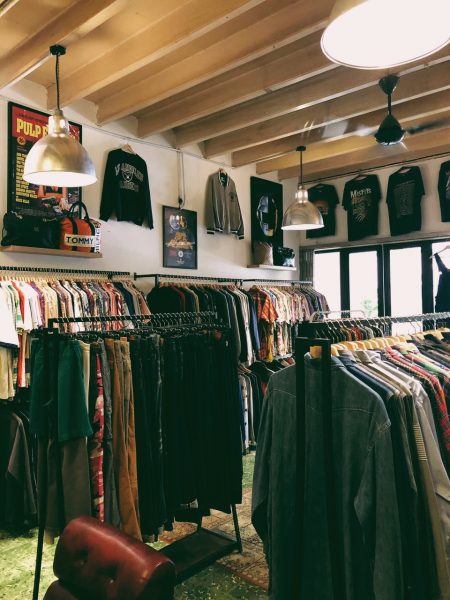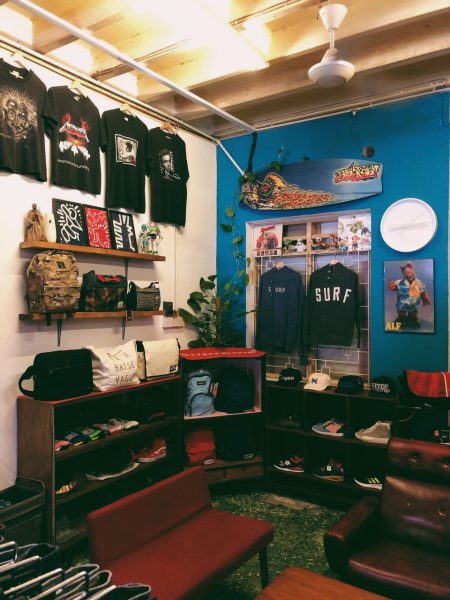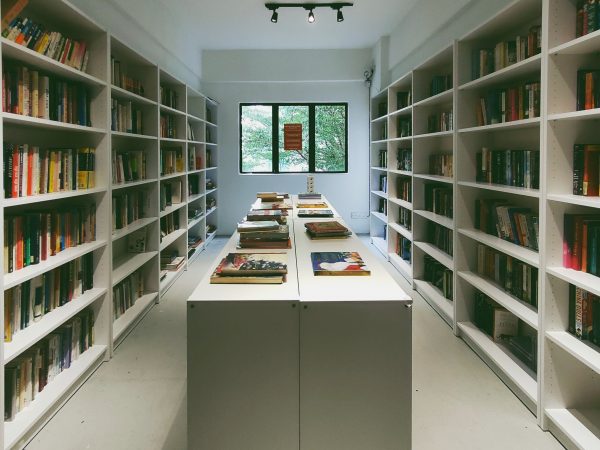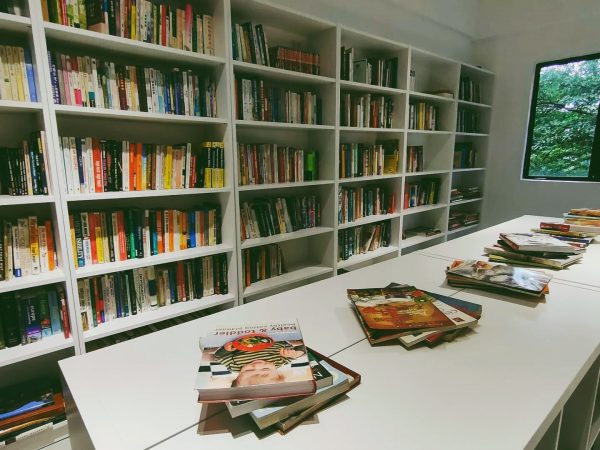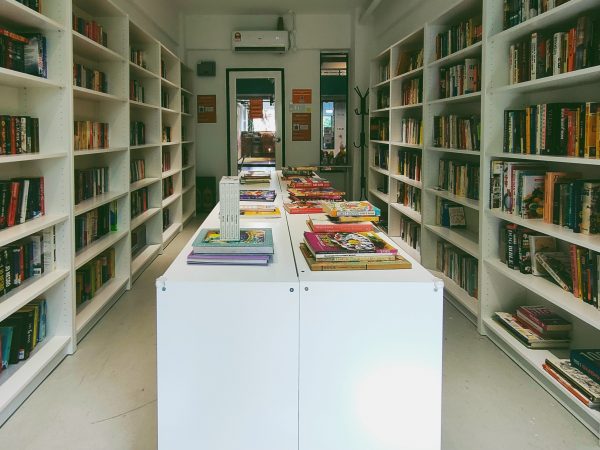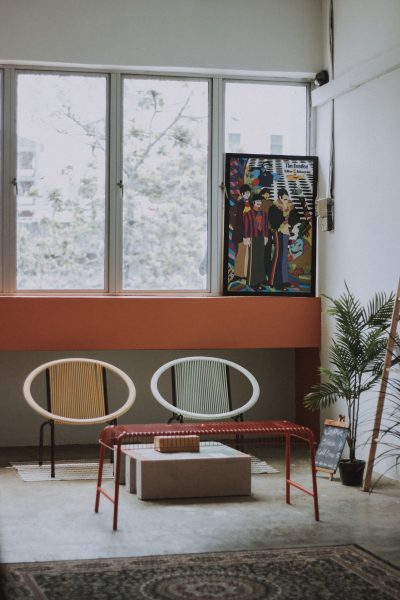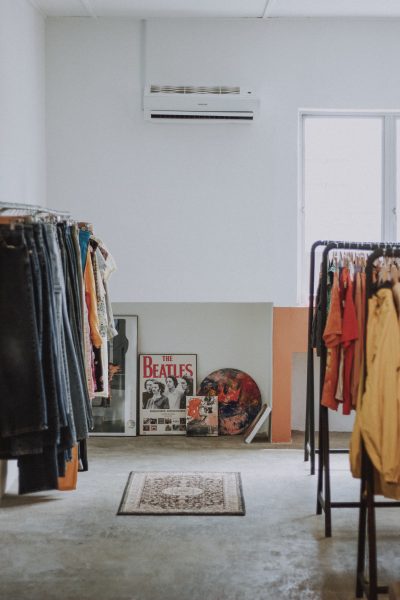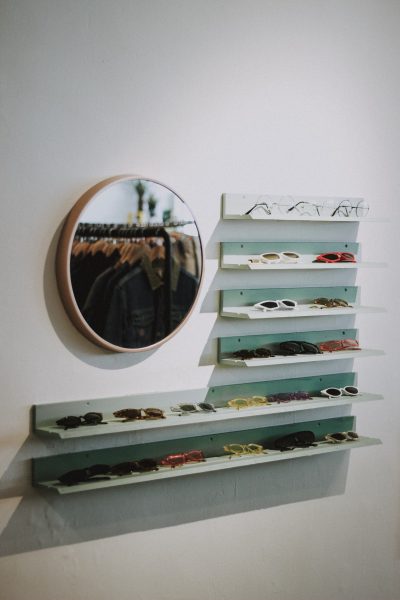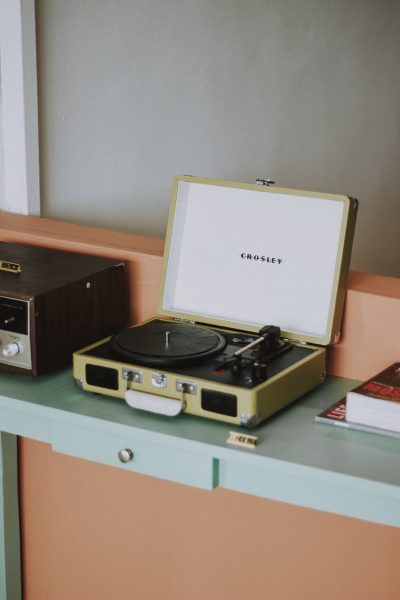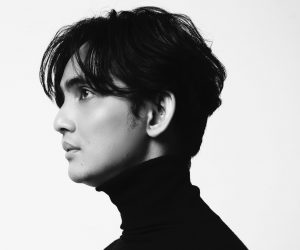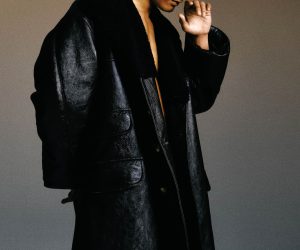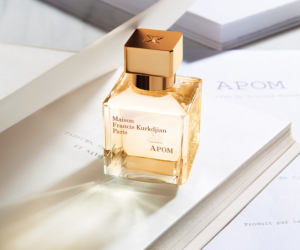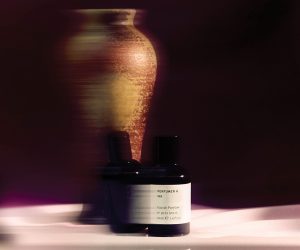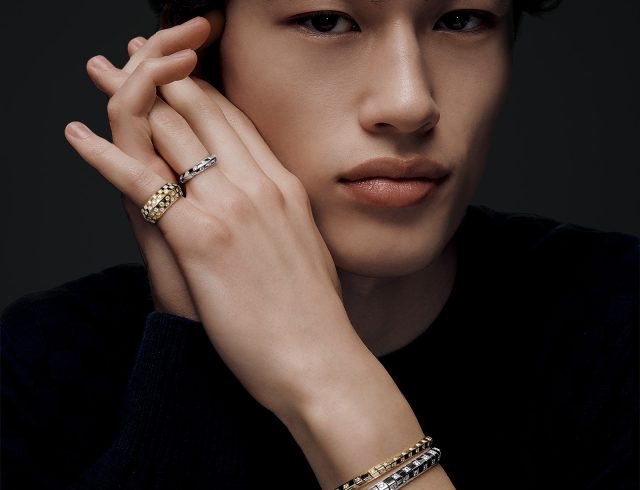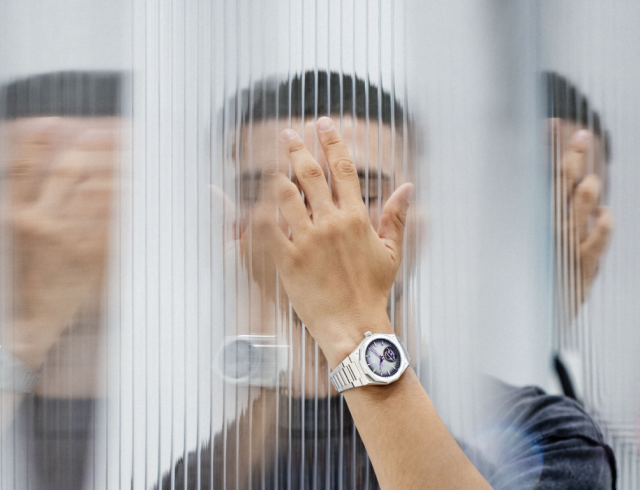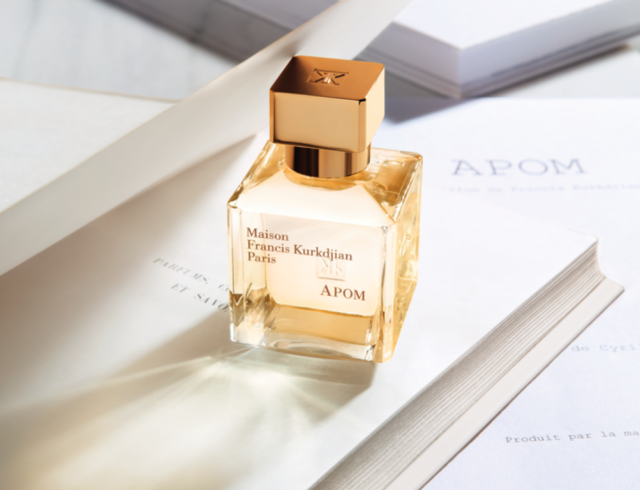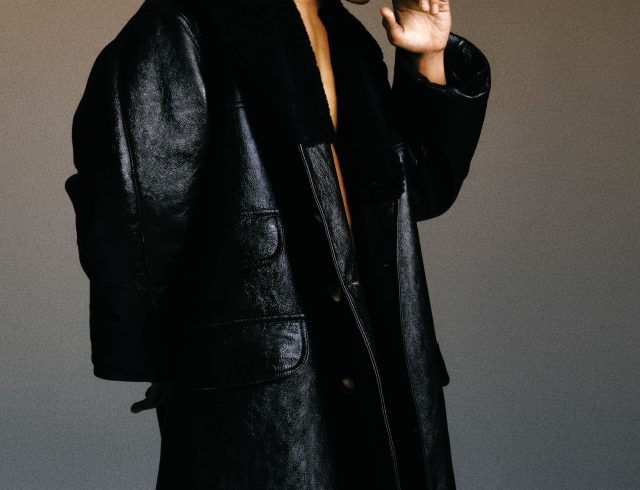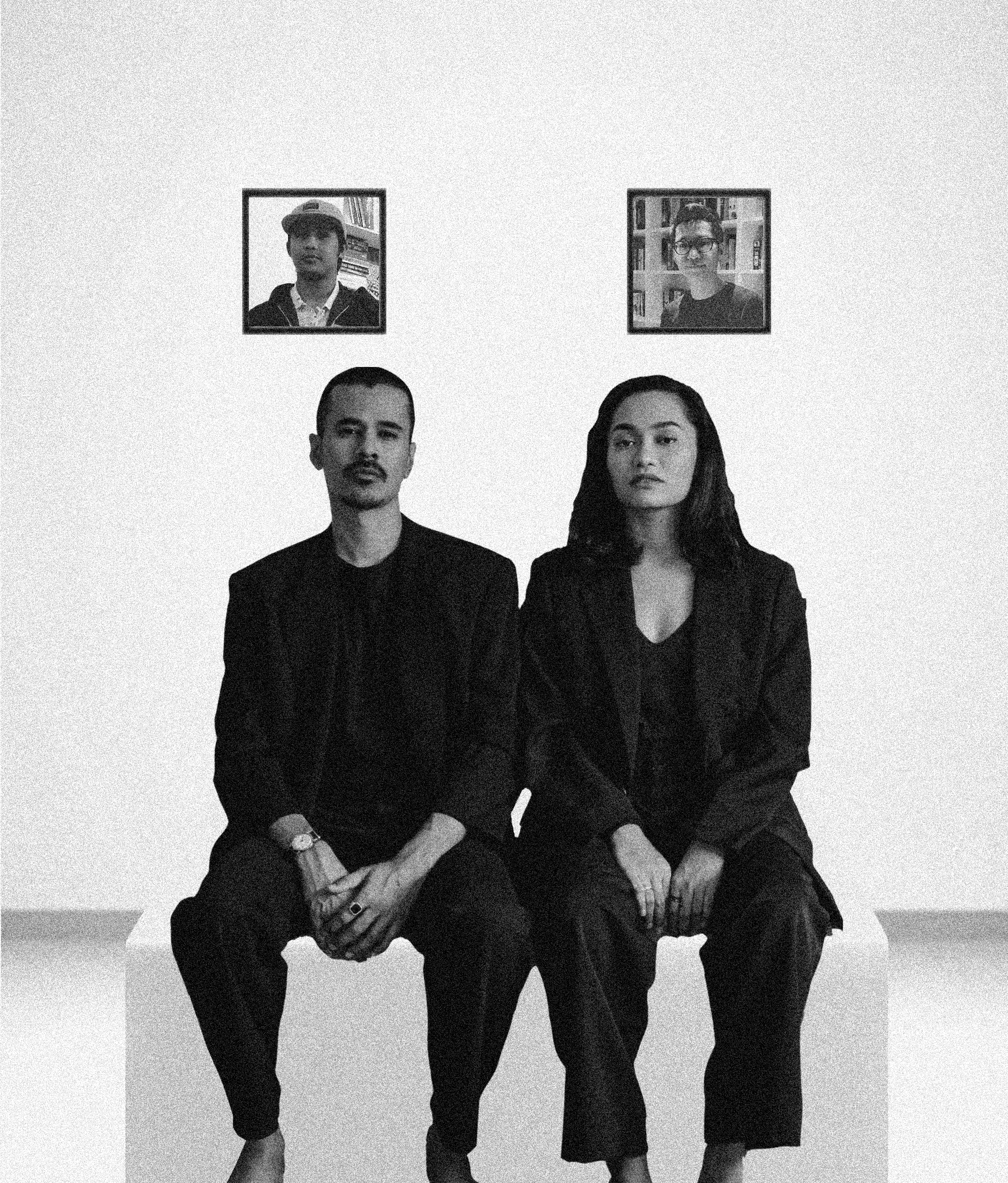
Sustainability is undoubtedly one of the buzzwords in 2022. In our April 2022 issue of “Celebrate. Refresh. Renew” which centres around the green movement, we talk to three thrift shop founders who have found a niche in the local business with their ambitious dreams. From vintage designer items to second-hand books, here’s the proponents of sustainability that you need to know.
Anis
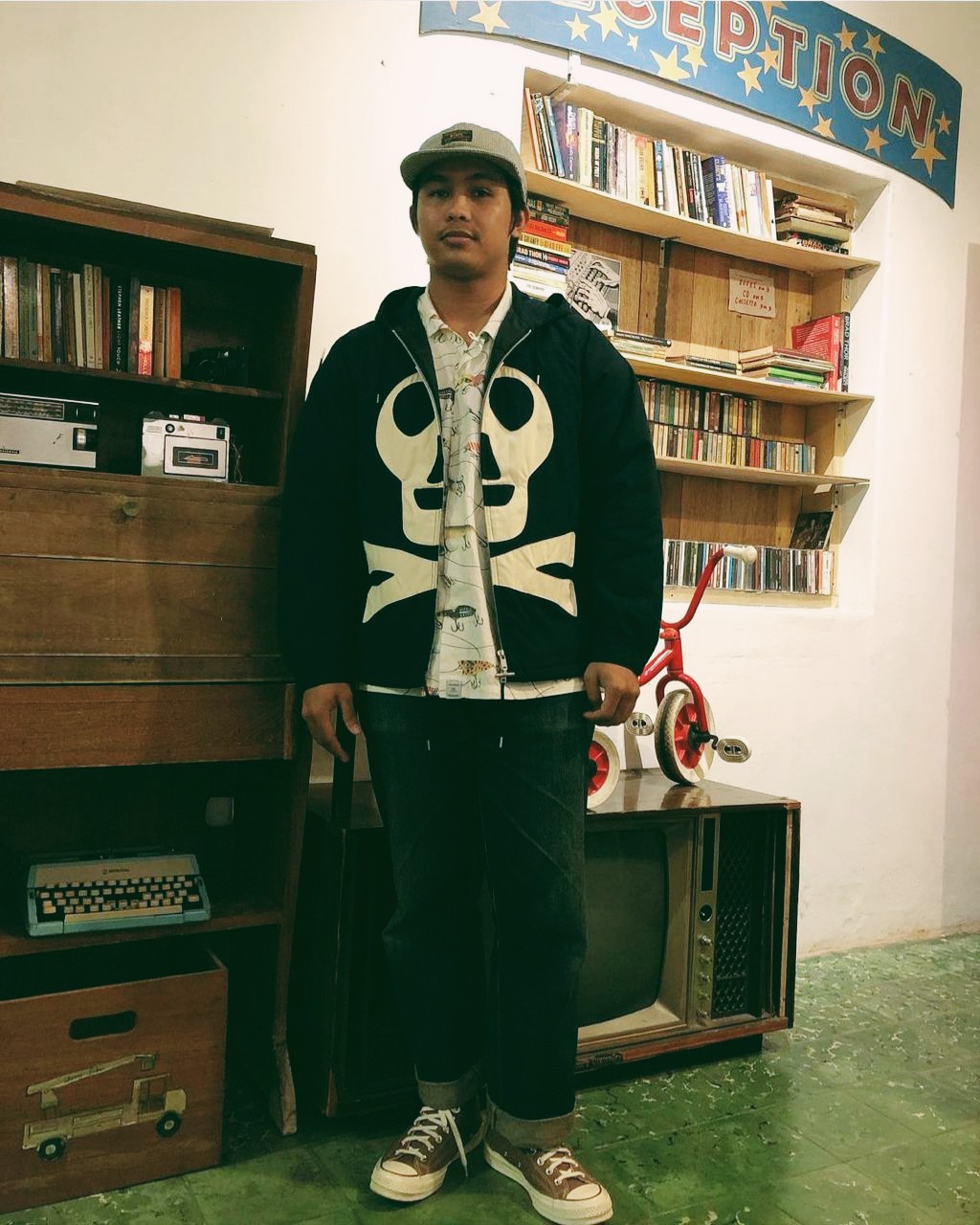
Founder of Doppelganger
His passion for fashion and determination to be his own boss led Anis to open his own thrift store at a very young age in the capital of Pulau Pinang. Targeting people of all ages, the products found at Doppelganger include fashion garments and accessories that are handpicked by the founder himself. Today, this youthful boutique is reckoned as one of the best places on the island for quality and rare findings.
What’s your brand philosophy when it comes to fashion and sustainability?
At Doppelganger, we are very aware of what we’re selling. We only supply items that we really feel like they are saleable, and this practice has allowed us to avoid wastage as much as possible.
You’ve been in the industry for quite some time. What are the changes that you’ve seen in consumer behaviour in terms of going thrift shopping?
About 10 years ago, I’d say people were more doubtful and a bit sceptical when buying thrift clothing. They were worried about where the clothes came from, whether or not they were clean, and if they were original, etc. However, when I opened my own secondhand shop, I’d say that those concerns have reduced significantly. In fact, we’re seeing more people logging in for vintage and thrift items, especially among people my age.
Why do you think millennials and gen-z especially are extremely invested in thrift items? In my opinion, these generations are very creative in their own ways, and at thrift stores, it is highly likely for them to find things that would feed. their creative needs at a reasonable price point. Also, social media has played a big part in everyone’s life today. It is one of the tools people use to educate and spread the message to the world freely. There are also a lot more international and local style stars and even ordinary people today that encourage sustainability by purchasing from thrift stores to help to slow down the fast fashion cycle.
Thrift shopping does help save the environment to some extent – but what should consumers be thinking of before they shop?
I believe everyone should be considerate when buying clothes, and always know when and what to buy, and if the items they are buying are really necessary. Clothes dumping is one of the major pollutions today and the last thing we want is to contribute to it in any way. I won’t say that buying second-hand clothes will solve all environmental issues but at least it will have some positive effects. So, next time before you buy something, ask yourself: “do I need this?” No doubt, you yourself is a big fan of thrift shopping. Can you share with us some of the places where rare gems can be found? Indeed. I’d say my go-to places are 2nd Street Bundle, JBR Bundle, Doubt Penang as well as Jalan-Jalan Japan.
Thrift shopping does help save the environment to some extent – but what should consumers be thinking of before they shop?
I believe everyone should be considerate when buying clothes, and always know when and what to buy, and if the items they are buying are really necessary. Clothes dumping is one of the major pollutions today and the last thing we want is to contribute to it in any way. I won’t say that buying second-hand clothes will solve all environmental issues but at least it will have some positive effects. So, next time before you buy something, ask yourself: “do I need this?”
No doubt, you yourself is a big fan of thrift shopping. Can you share with us some of the places where rare gems can be found?
Indeed. I’d say my go-to places are 2nd Street Bundle, JBR Bundle, Doubt Penang as well as Jalan-Jalan Japan.
Philip
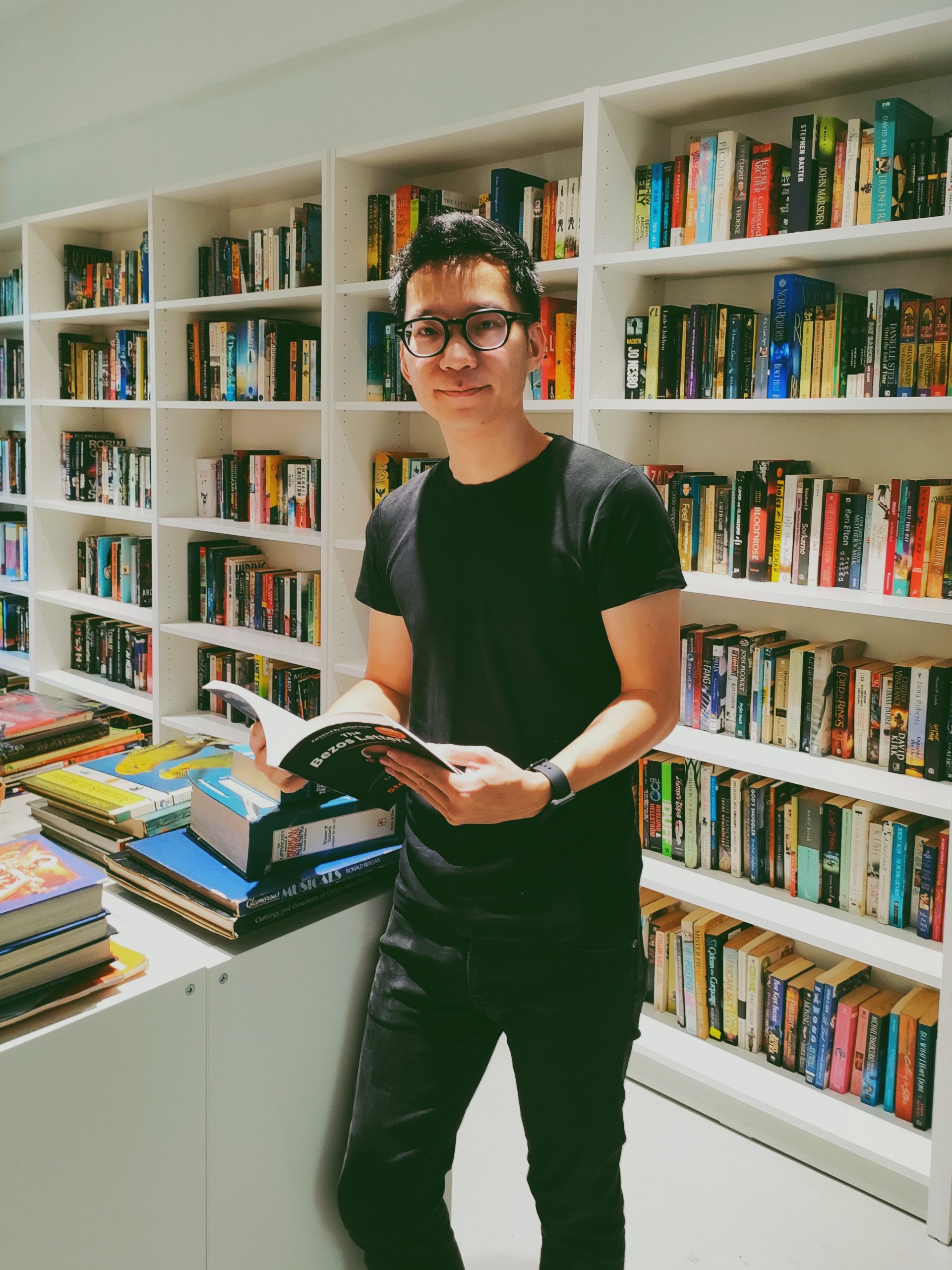
Founder of Buku by PJ Preloved House
Everyone should have access to books. That is what Buku by PJ Preloved House is all about in a nutshell. Located on the second floor of Kedai, KL – one of the most hyped artisanal market places in town – Buku by PJ Preloved House started out as an online bookstore that offered an extensive collection of reading materials priced from as low as RM5. Bringing in books that are actually on people’s reading lists, Philip wants this hub to be more than just a second bookshop, but also a safe space to socialise and nurture creative inspiration.
How is running a second-hand bookstore different in a digital age?
I think the digital age has opened a lot of possibilities, especially those that many have never thought of. Who would’ve thought that you can run a physical bookstore remotely, controlling the cash in and out as well the amenities in-store without having to be there? Apart from that, the power of social media these days has allowed Buku to spread messages, awareness and campaigns to the mass easily and freely. There are also tons of online classes and workshops that you can attend remotely to learn something of your interest, and for someone like me who still have a lot to learn about entrepreneurship while running through my everyday job as a digital product manager for a tech company, this has been nothing but a real convenience.
What motivates you to keep doing the work you do?
Knowing that I am able to do my bit in imparting knowledge to the readers out there.
Do you think the concept of circularity is growing here in Malaysia?
Personally, I feel like it is but not at a fast enough pace. Fortunate or not, Malaysians are blessed with an abundance of resources and materials which are easily accessible, and we tend to buy something that’s brand new rather than used. We are also a bit behind on circularity education as well as the basics of 3Rs and waste management. The journey is still far and I think we better speed up because the earth is really calling for help.
If there’s one piece of advice you would like to share with someone who is trying to live a more sustainable lifestyle, what would that be?
I’d say start small and do it at your own pace. Living sustainably means you’ll be changing your lifestyle and becoming someone that is more conscious of the environment with every action you make, and the process is not easy. On that note, by all means, put your mind into it and sooner or later, it will become a natural habit.
What’s next for you and Buku?
Buku is just the start of my venture in the for-profit business. I wish to open more safe spaces like this where everyone can come to learn, share or simply hang out with like-minded people. For Buku, I’m looking forward to opening more stores in Malaysia and I wish it can be more than just a bookstore – maybe a book café.
Shakira and Zamir
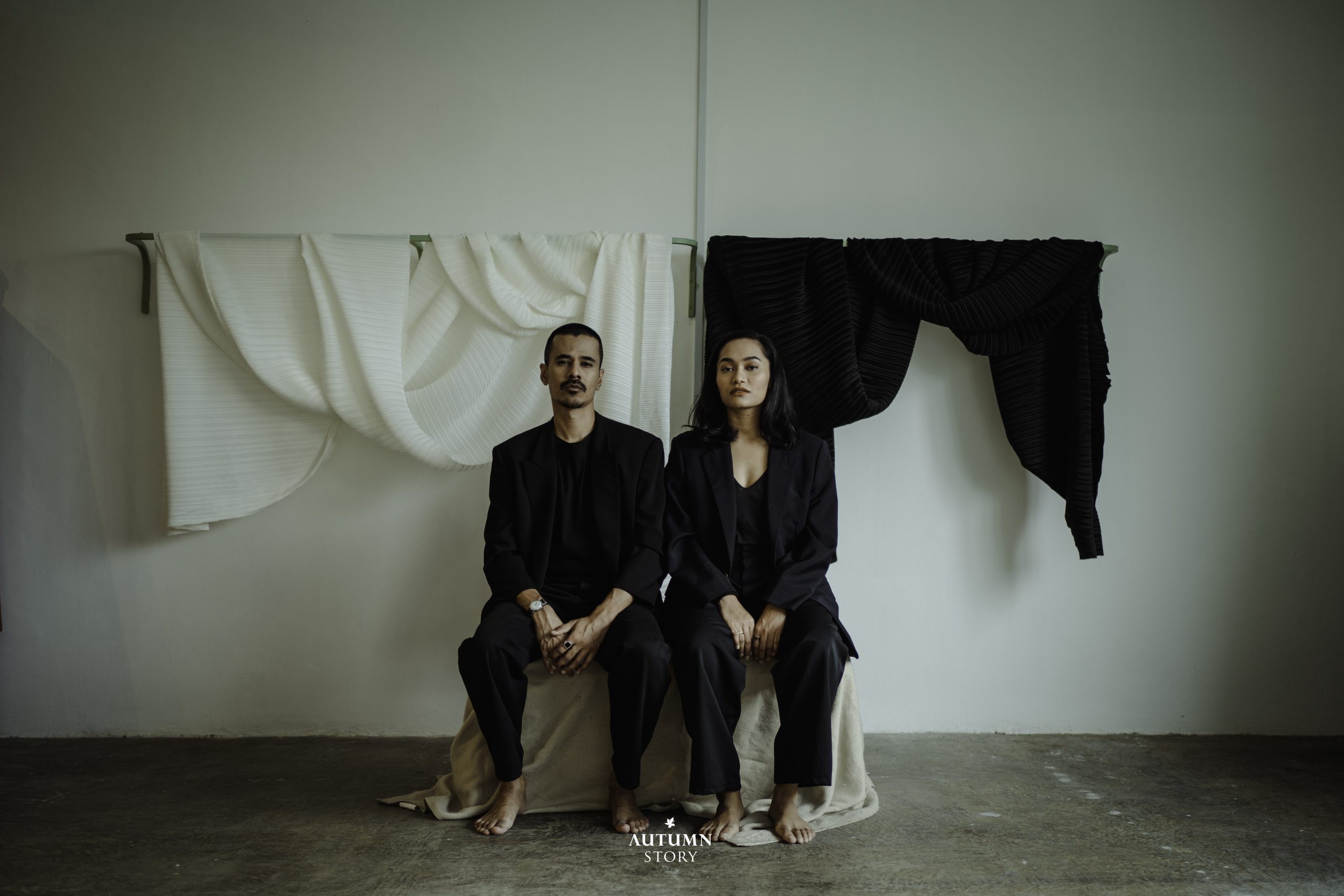
Founders of Okgo Store
Started out by the owners as a means to garner side income, Okgo Store has become one of the most fashionable curated thrift stores on the scene today. The Subang Jayabased boutique is the brainchild of a married couple and long-time thrifters Shakira Idora and Zamir Alif and has been in operation since 2017. Hand-picked for their style and quality, the preloved items here can go up to RM350 apiece.
When did you start thrifting?
Shakira: I started back in Melbourne during my study years circa 2012. I remember buying a pair of made-in-England Dr. Martens.
Zamir: It was 2002, I think. The first item I ever bought was a T-shirt. How do you source the clothing items for Okgo Store? In the early days, we would go around town to different thrift stores to source the products. These days, we buy in bulk from our suppliers in Japan, the United States and Canada. We also buy from resellers.
What do you do with items that don’t sell?
Items that have been in store for more than two months will be donated. Some of them can be upcycled by way of customisation; you could crop the pieces, make a tote bag out of them or acid wash or tie-dye the T-shirts.
What would you say is your greatest find?
Probably vintage Balenciaga, Dior and some band T-shirts. These were sold for around RM300. Some were found in the bulk that we purchased and others at the thrift stores outside Kuala Lumpur. When it comes to thrifting, it’s all about luck.
What are some of the misconceptions about Okgo Store and thrift shop culture in general that you often hear?
That second-hand clothes are dirty and not worth buying. The stigma is there, especially among younger customers who come to the shop with their parents.
What are your tips for those who are just starting to get into thrifting?
Try the clothes. It’s important to try them. They may look great on hangers but the other way round on you. Also, know what the product is worth. Don’t overpay for something that is just… second-hand.
What about vintage products?
There’s a big difference between second-hand and vintage. Vintage items are usually 20 years old or more. If it’s not vintage, it’s just second-hand. These days, the word “vintage” has been abusively used to attract customers. So, be smart.
By Syazil Abd Rahim & Nikita Nawawi. Image template courtesy of Skin Regimen. This story first appeared in the April 2022 issue of Men’s Folio Malaysia.



